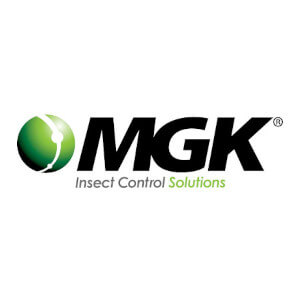In March 2019, we kicked off a new project at MGK with the creation of Pest SPECS, a newsletter committed to the animal health industry. Simply put, the Technical Services team at MGK strives to provide solutions to problems. We often get questions about how to properly use our products or insecticides in general, but also answer important product safety concerns. Through all of these conversations with customers, our goal is to educate. We feel that by teaching someone about why a product works for their insect problem and the best way to use it, we are helping to better their business. Pest SPECS is an extension of our goal to educate. By publishing this newsletter, we hope to provide you with quality technical information about insecticides and their use, plus a few stories from the field and fun facts along the way.
You may be wondering, what does Pest SPECS mean? Insects, of course, are the Pest, and SPECS is an acronym for Swine, Poultry, Equine, and Cattle – the industries we most often serve! The word specs is also used as a short for ‘specifications’, which is defined as the act of describing or identifying something precisely. The Technical Services team at MGK hopes to use this newsletter as a way to relay information we find interesting or pertinent to you, the producer. Please reach out to us if you have an idea for a future newsletter, and if you’d like to subscribe to receive issues as they come out, email cassie.krejci@mgk.com.

